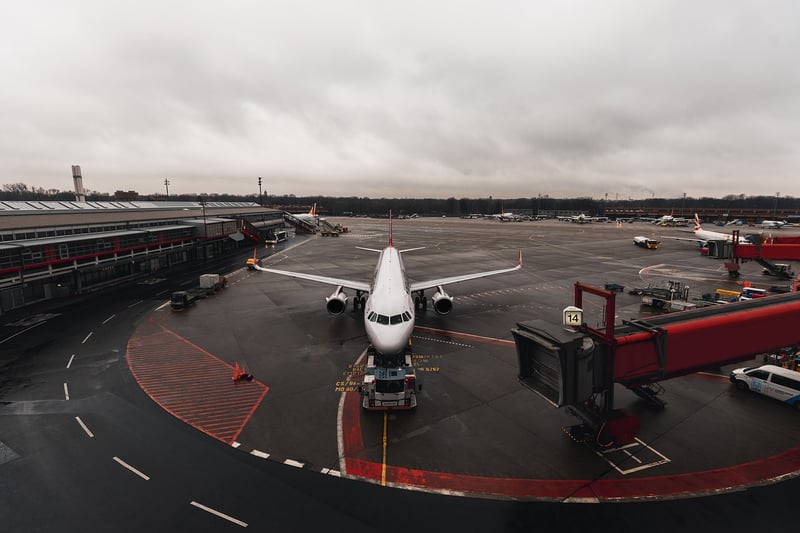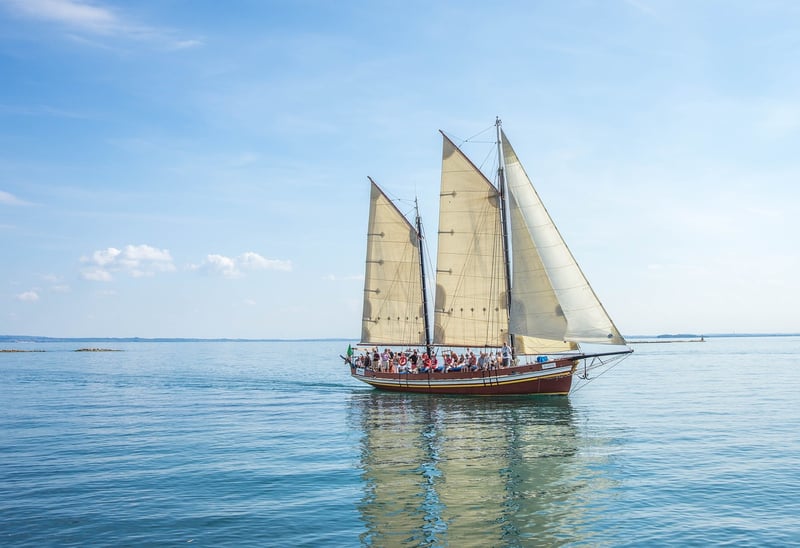Temporal Mechanics
The Wonders of Travel: Exploring Mechanisms and Temporal Mechanics
Introduction
Travel has always been an essential part of human life, allowing us to explore new places, experience different cultures, and create lasting memories. In this article, we delve into the fascinating mechanisms that enable travel and touch upon the intriguing concept of temporal mechanics.
Types of Travel Mechanisms
There are various mechanisms that facilitate travel, each offering a unique experience:
1. Land Travel
Land travel involves moving from one place to another over the Earth's surface. It can be achieved through various means such as cars, trains, buses, bicycles, or even on foot.

2. Air Travel
Air travel allows us to cover vast distances in a relatively short amount of time. Airplanes are the primary mode of transportation for air travel, offering speed and efficiency.

3. Water Travel
Water travel involves navigating through bodies of water such as oceans, seas, rivers, and lakes. Ships, boats, and ferries are commonly used for this purpose.

Temporal Mechanics: Exploring Time Travel
Temporal mechanics is a concept that deals with the manipulation of time, allowing for travel to the past or the future. While theoretical in nature, it has captured the imagination of many.
Time Travel Theories
Various theories exist regarding time travel, including the possibility of wormholes, time dilation, and the concept of alternate timelines.
Popular Culture References
Time travel has been a popular theme in science fiction literature, movies, and TV shows, with iconic works such as "Back to the Future" and "Doctor Who" exploring the implications of altering the past or future.

Conclusion
Travel, whether through conventional means or the realms of temporal mechanics, offers us a glimpse into the unknown and the extraordinary. As we continue to push the boundaries of exploration, the wonders of travel will continue to inspire and captivate us.
